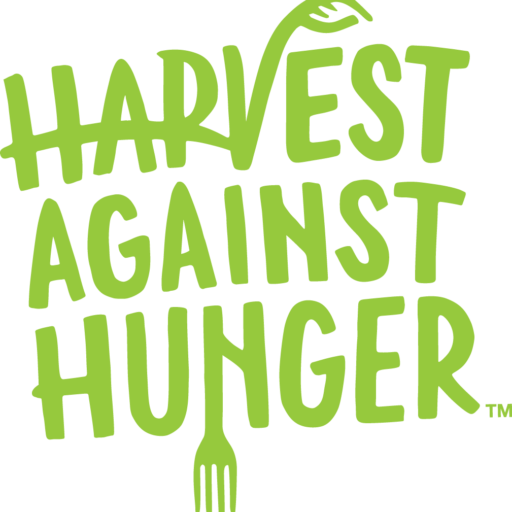How Can We Help?
Nutrition Education with Hopelink
Promoting nutrition requires more than just providing food. It also involves education and outreach. Food bank clients have a diversity of knowledge, skills, and experiences with food that may vary by region, culture, or family. It is important to understand the needs of the people you are trying to serve before developing educational programming.
Planning Committee
Consider establishing a Nutrition Education Planning Committee comprised of clients, volunteers, and staff members to facilitate the planning necessary to develop nutrition education programs or curriculum based upon client needs and evidence-based solutions. The first step of this committee should be to conduct a needs assessment by reviewing the literature to identify best practices, explore the need for nutrition education at your organization, and assess the possibility of establishing partnerships with other community organizations already providing nutrition education locally. Taking the time to assess the needs of the community you intend to serve and reviewing other programs that have implemented similar projects is critical to developing educational tools that meet the needs of your clients.
Information for hunger relief agencies
Gleaning opportunities will often involve harvesting not-so-common crops such as Japanese turnips, Russian kale, or different varieties of winter squash. Providing information to everyone involved with distribution will help food bank clients make the most out of a food bank’s offerings. Language appropriate labels, recipes, samples, and conducting classes are a great way to help the community develop an understanding and appreciation of new foods.
- Language appropriate signs that identify the type of produce, when it was harvested, and where it was harvested.
- Offer recipes that are easy to understand and easy to prepare with the produce and incorporate items available in the food bank.
Cooking Matters
Many recipes were sampled to food bank clients earlier in the growing season. Classes, however, provide more information, hands-on experience, and engagement. Cooking Matters is a nationwide program that facilitates cooking classes for low-income families and individuals. It is free, veggie-friendly and the classes can often accommodate participants whose first language is not English. The Harvest VISTA organized a Cooking Matters series for food bank families and requested a Spanish-speaking instructor. After five classes, six families graduated from the program, and feedback from the participants was very positive. Adults enjoyed trying new foods, taking home a bag of ingredients after each class, and preparing and eating a healthy meal with their family.
A blackberry jam class was also organized by the VISTA and was free to food bank clients and the local senior center members. Two recipes were taught; a sugar-free freezer jam and a reduced-sugar traditional canning method. Again, there was a translator present for Spanish-speaking participants. This class was another success and solidified the need for language-appropriate educational opportunities as a majority of participants in both classes were native Spanish speakers. Volunteers at the food bank are a great resource for finding translators. Additionally, the American Red Cross Language Bank offers free translating and interpreting services to non-profit organizations with the help of volunteers.
Other possible educational resources for the community:
- In the Seattle area, Seattle Tilth has a program called Community Kitchens Northwest that helps community members set up community kitchens in their neighborhoods or schools. Their goal is to empower people with the tools they need to eat well by sharing cooking skills, nutrition knowledge, and food traditions.
- Your local extension office. For example, WSU Extension offers Food $ense, a program aimed at low-income populations that supports shopping on a budget and meal planning.
- Universities with Nutrition programs often have interns or students in need of volunteer hours that can be used as a resource to develop the program and offer new ideas.


